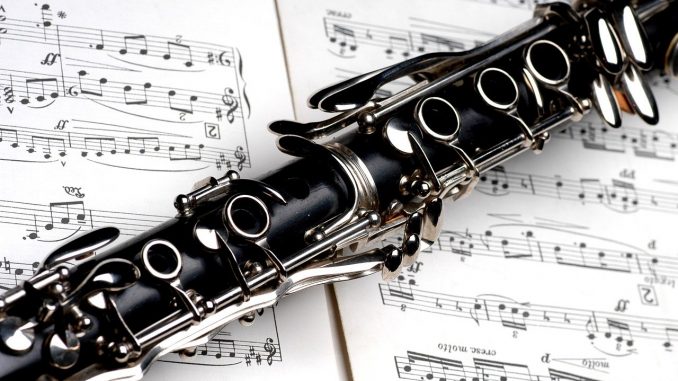
Created in 1996, Jazz au Chellah is gradually becoming one of the major events of the European Union in Rabat. It is distinguished by the meetings it offers between European artists and Moroccan musicians. From September 29 to October 2, this 25th edition will once again aim to promote intercultural dialogue through music.
“We are very happy to announce the return of the Jazz au Chellah festival that we had to postpone twice because of the health crisis. We had to show resilience and creativity to relaunch this edition which marks a very special anniversary. We are looking forward to seeing the public again for these five days of festivities that promise to be exceptional,” enthuses Patricia Cussac, the European Union’s ambassador to Morocco.
Every year since 1996, European jazz musicians have travelled to Rabat to meet Moroccan musicians of all origins and musical colors, thus offering unique moments, the fruit of creative workshops between Europeans and Moroccans. These original concerts are sometimes not limited to the framework of the festival but often give birth to musical projects and new collaborations between the artists.
Debates and mergers
Alongside the concerts, numerous activities such as debates and master classes are scheduled. Several fusion encounters prepared and presented at the festival have been exported outside of Morocco and have allowed little-known Moroccan soloists to develop their capacity for improvisation, exchange and dialogue with European artists.
The magic of the Jazz au Chellah Festival concerts is due to an exemplary collaboration between Morocco and the EU in music, to an increasingly young and attentive audience, and to the values of sharing and mutual respect that each musician brings to the festival.
Since its creation, Jazz au Chellah has become an essential event on the Moroccan cultural scene. The festival is an initiative of the European Union in Morocco and the Ministry of Culture and Communication – Department of Culture, in partnership with the Wilaya of Rabat Salé and in collaboration with the embassies and cultural institutes of the European Union member states.

Be the first to comment